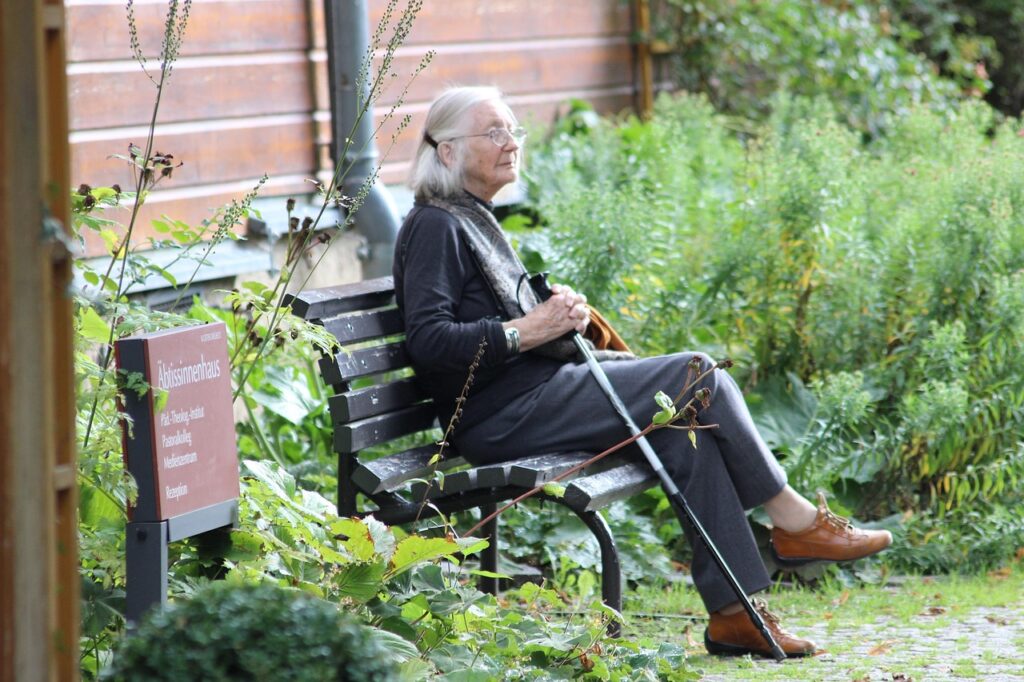Knowing the difference between normal age-related cognitive decline and the early stages of dementia is vital. That’s because the symptoms associated with these disorders can seem similar. Read on for a rundown on both conditions, the differences to know about, and when to be concerned.
What is Age-Related Cognitive Decline?
Age-related cognitive decline, sometimes called mild cognitive impairment, is a term we use to describe difficulties in brain functions and processes that develop as we age. They apply to memory, thinking, concentration, and more. Some of the main signs of age-related cognitive decline include:
- Forgetting things more often than you normally would.
- Losing track of social events and appointments.
- Not being able to keep track of conversational progression.
- Getting lost in a train of thought.
- Being unable to successfully multitask.
It’s important to know that only a portion of a person’s thinking abilities decline with age – not every single aspect of brain function. Also, research indicates that volume changes in the frontal and temporal lobes and the hippocampus, contribute to the above symptoms/brain changes.
What Are the Early Signs of Dementia?
Unlike age-related cognitive decline, early dementia comes with abnormal symptoms surrounding speaking, thinking, memory, and behavior in adults of advanced age. Here’s a closer look at the early signs of dementia:
- Losing the ability to remember things.
- Feeling suspicious or fearful of others.
- Problem-solving and planning issues.
- Writing, reading, or speaking problems.
- Confusion regarding the date, the time, and where you are.
- Getting upset in situations that don’t usually warrant it.
- No longer finding interest in activities you used to be fond of.
- Losing the ability to make sound judgment calls.
- And more.
Dementia experts at the Alzheimer’s Society recognize that dementia happens in stages, and the condition worsens over several years. Early-stage dementia symptoms tend to be on the milder side. And as time goes on, there’s a distinctive worsening in symptoms that calls for more involved support from health professionals, caregivers, family, and potentially the community.
Age-Related Cognitive Decline vs. Early Dementia: Key Differences
How can you tell the difference between age-related cognitive decline and early dementia? This chart will be helpful in pinpointing the most important differentiators:
Brain function | Normal Age-Related Decline | Early Dementia |
Memory | Sometimes forget names, recall later | Often forget recent events, don’t recall |
Daily Tasks | Still handle on your own | Struggle without assistance |
Language | Occasionally struggle for a word | Frequently forget words or misuse them |
Mood and Behavior | No big changes | Noticeable shifts in mood or interest |
Judgment | Still sound | Starts to decline |
When to Be Concerned
If you or a loved one experiences the following symptoms, you have reason to be concerned:
- Trouble completing daily tasks of living.
- Difficulty getting around familiar places.
- Failure to cope well with daily life.
- Persistent changes in behavior or personality.
In the case of early-stage dementia (or if you’re at all concerned), feel free to talk to your primary care physician for advice. They will get the diagnosis and treatment processes in motion to help you access the help you need. We hope you found all the information you were looking for, and we wish you the best as you safeguard your health or work to support your loved one.


